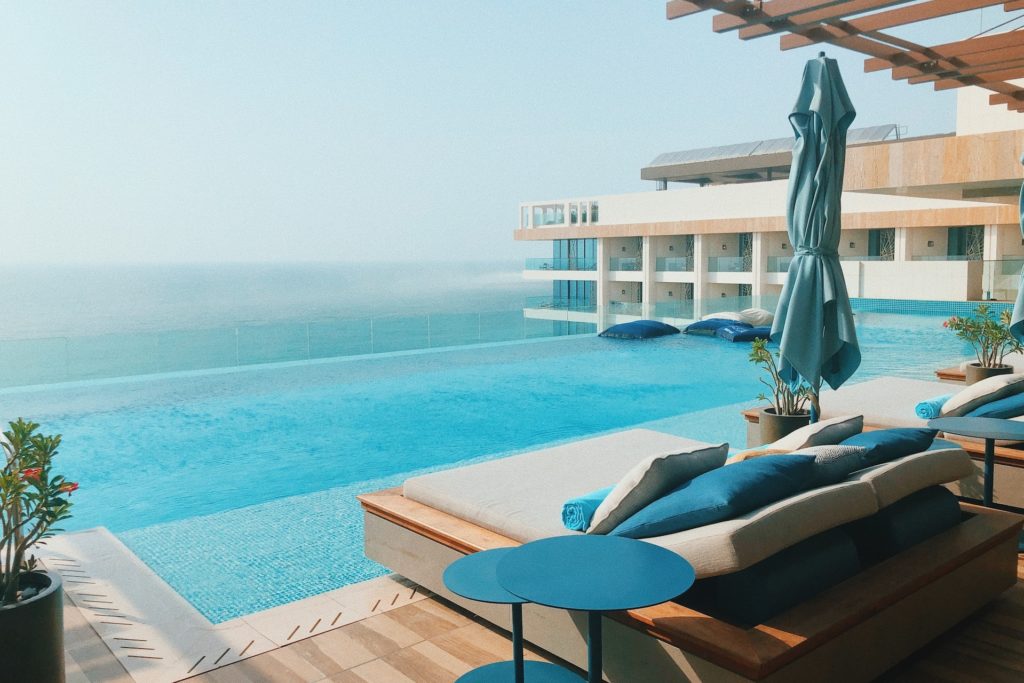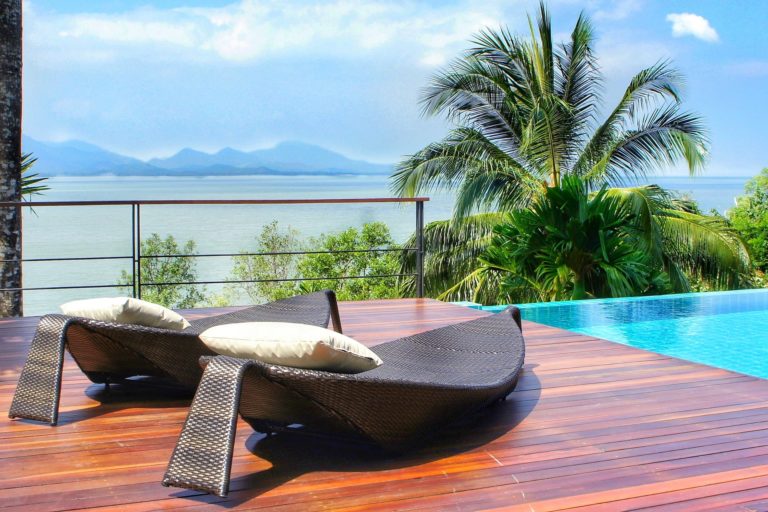
With more than twenty years of experience behind us in resort development, Arum Group has a clear vision of the factors that will make your hotel project management a success. In addition to architecture and location, a hotel must make a potential guest fall in love with a concept before she’ll make a purchase decision. The values a hotel project transmits and the experience it projects a guest will have are crucial, because guests expect meaningful experiences. It the context of an incredibly wide range of hotel offers, the scales are definitively tipped in favor of options that differentiate themselves. Today, we’ll focus on five keys for strengthening your hotel concept and defining your brand personality.
The story
The hotel’s story is about the aspirations it projects. In other words, the hotel or resort itself must convey sensations that motivate the guest to stay there, beyond having a bed for the night and a good breakfast. Those are available in any hotel establishment. The story is what elicits an emotional response. It appeals to your feelings, generates a sense of belonging, and connects the elements of the lodging experience. Before creating a story of its own, a brand must be clear about the values it wants to represent in order to be fully consistent. For example, it makes no sense to design a story around avant-garde art if it is a hotel run by a conservative firm that has no interest in the subject and brings no knowledge to the table.
Here it is important not to confuse story with theme. Themed hotels lose their novelty over time if they are not grounded in a story that evolves and matures. How many times will a guest want to return to a themed hotel if they have already seen it all? To ensure their loyalty, you must create new and appealing experiences with which they can identify.
People
In hotel project management, people are indispensable for defining the character of a hotel. Employees, guests, partners, and investors are all pieces of a puzzle in which human relationships are at the center. In a Wellness hotel, for example, a guest should feel that he or she has arrived in a space that privileges the mental and physical health of its employees and that also offers activities and employs professionals with experience in the subject. Guests are also among the people whose profiles should be predefined as a target connected to the hotel concept you are building. And when it comes to employees, selecting them must even go beyond their skills and experience to take into account other intangible factors like shared beliefs and values that will influence the hotel concept.
Identity
The “Look and Feel” so scrutinized in marketing and advertising takes on special relevance in hotel project management. Elements of your website and social media must be easily identifiable as part of the project concept, but so too must room and corridor signage, music, aromas, promotional videos, posters, paintings, and more. Identity is closely related to the sensory experience. Music that connects with our public will motivate them to stay; replacing generic room amenities with local products will connect the project with the surrounding community and generate an authentic experience. Even something as simple as breakfast, if it is irresistible and homemade, will encourage guests to spend their mornings lingering over their coffee and creating a lively atmosphere in the hotel. Avoid stereotypes, stock photos of the city on the walls, and all other clichés of that type; invest time and money in making aesthetic choices that will contribute to your design and concept and make your hotel project outstanding.
Services
Besides the accommodation itself, services are of particular value to clients. You must ask yourself which services will enhance your guests’ experiences. If your hotel’s story revolves around relaxation and Wellness, you could offer healthy cooking workshops, digital disconnection in nature, bicycle rentals, a basket with organic products, etc. Certain basic services will be expected in any accommodation, including free WiFi and toiletries in the bathroom, but you should go further and design your own service package that will generate an impact on the types of guests you expect.
Content
Content generation is a long-distance race that won’t show immediate results, but will take root in your brand reputation. Content helps reinforce values, generates free press and strengthens a hotel’s prestige. This content must be aligned with your hotel’s story, consistent with guests’ day-to-day experience, and faithful to the truth. Content that strikes the wrong note or is disconnected from reality can tank years of reputation-building. That is why it is important to employ content-creation professionals who know the brand’s values well and can generate truthful work. Even if a hotel or resort has created a local network and has managed to strengthen ties with associations, organizations and companies in the community, initiatives that contribute to the brand’s visibility can also emerge from content creation. This includes not only text, video and photos, but also activities like exhibitions, events, training, research and anything else that can become a communication asset.
As society evolves, so too does its needs and attention, and hotel project management must follow suit. Shaping products is a dynamic pursuit in the hotel development industry, and we recommend that you draw your inspiration from multiple sources while keeping an eye on the trends that shape consumers’ habits and concerns.



